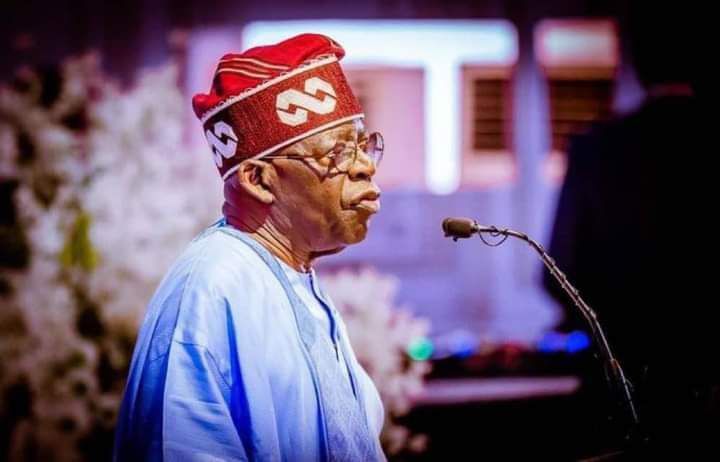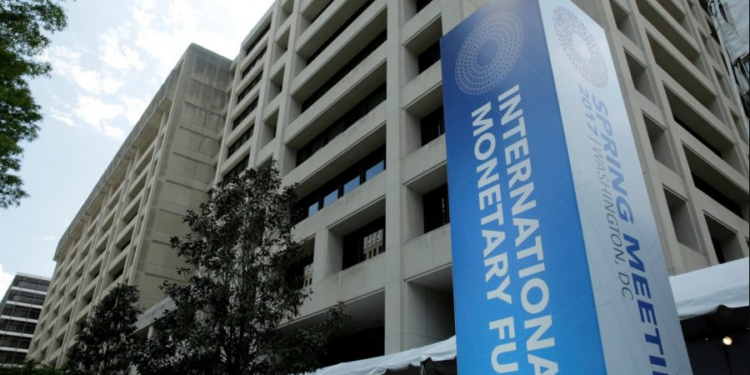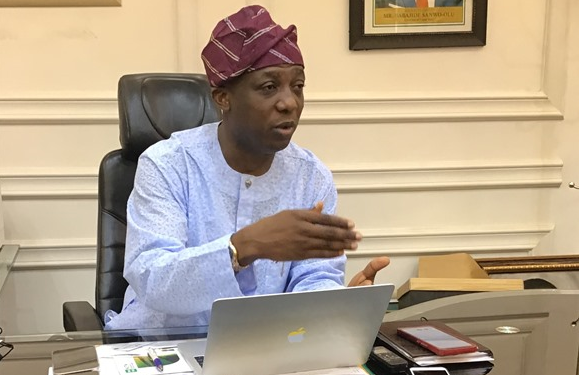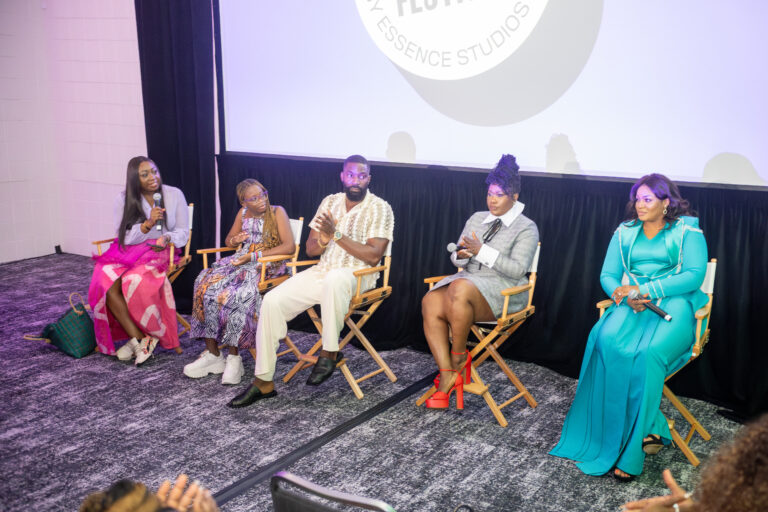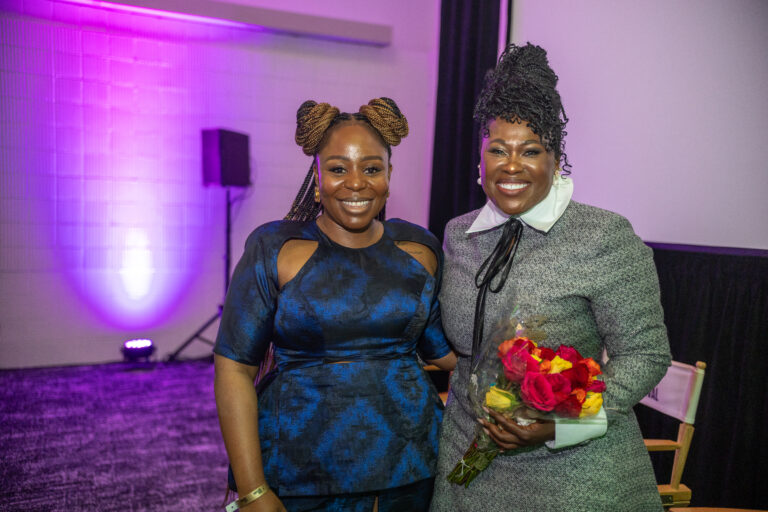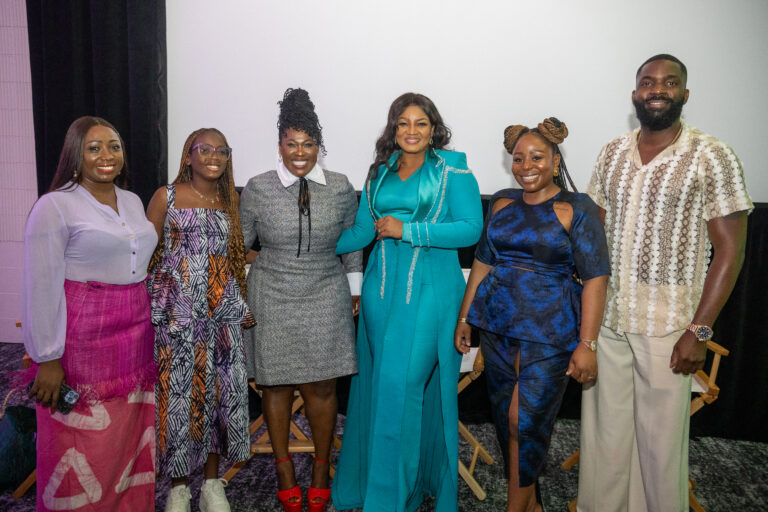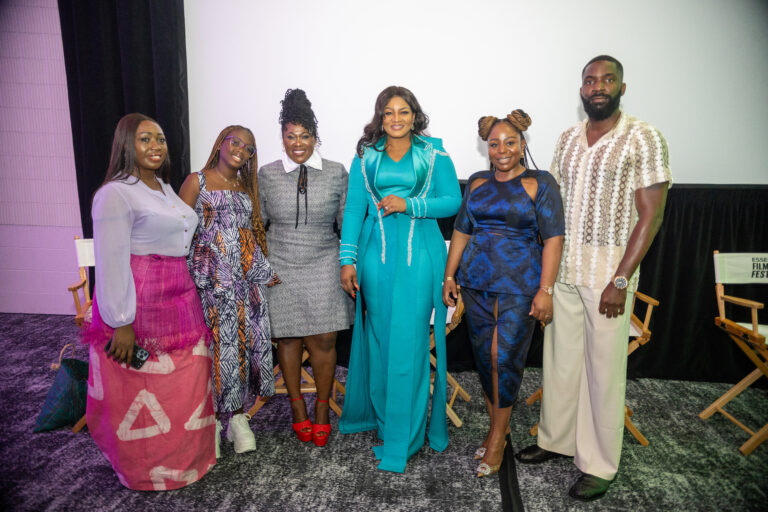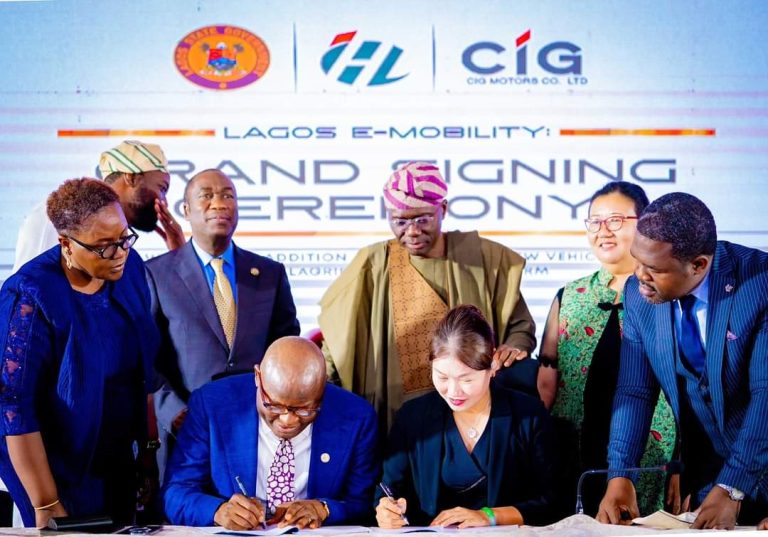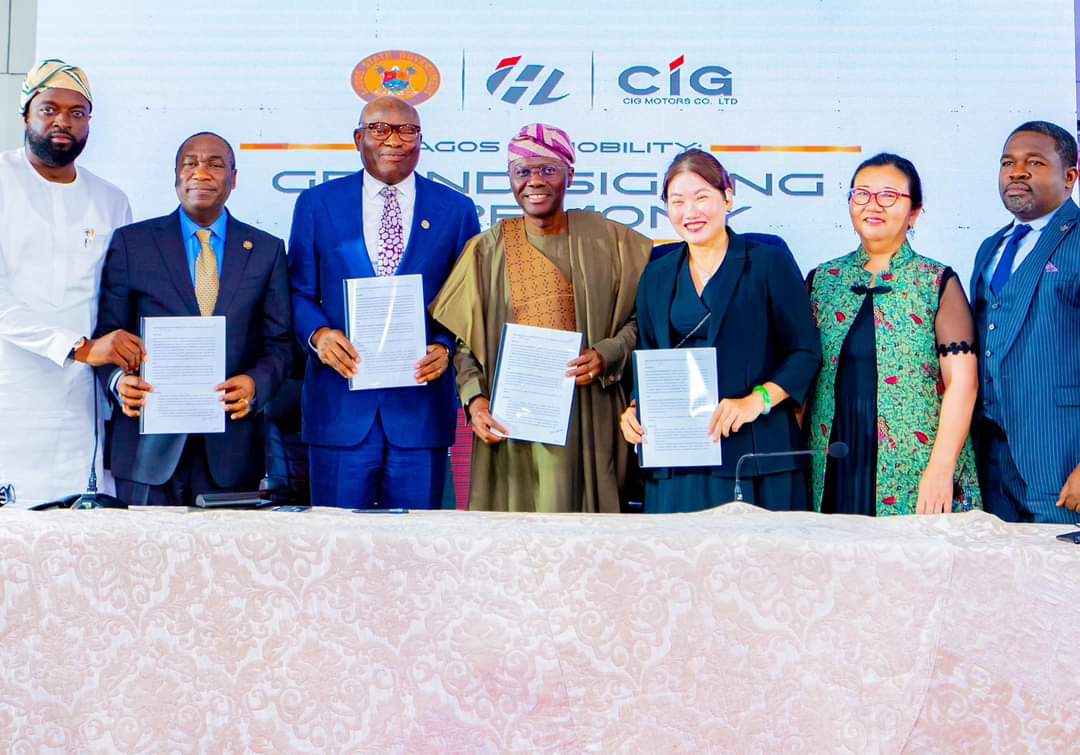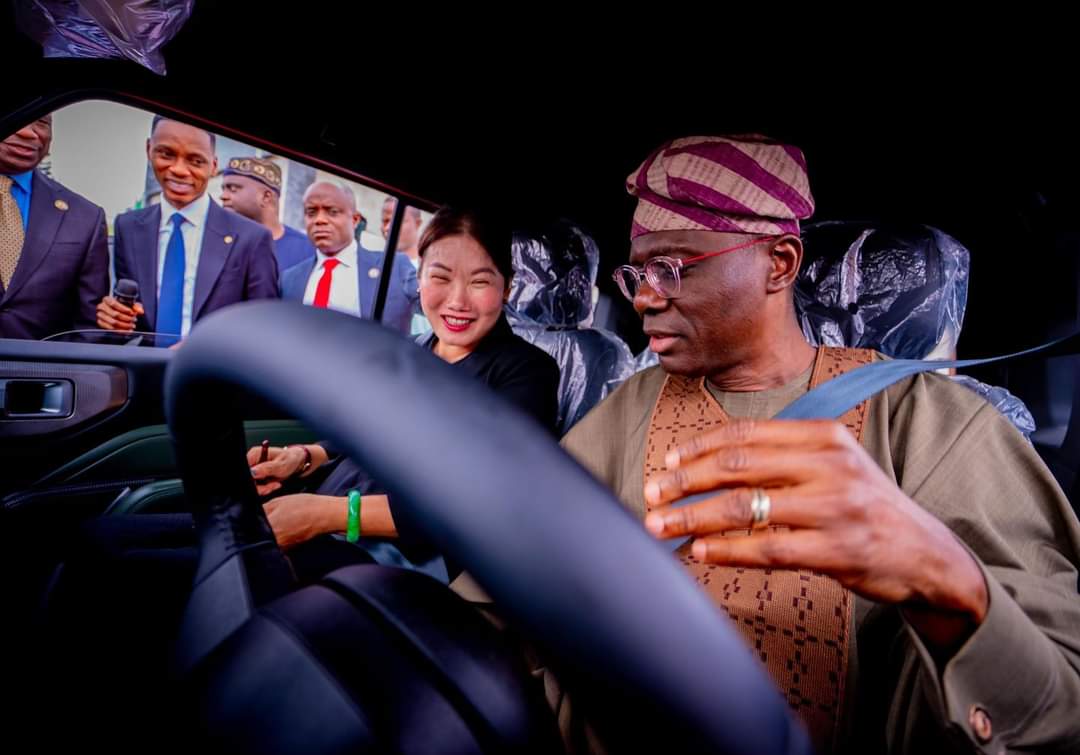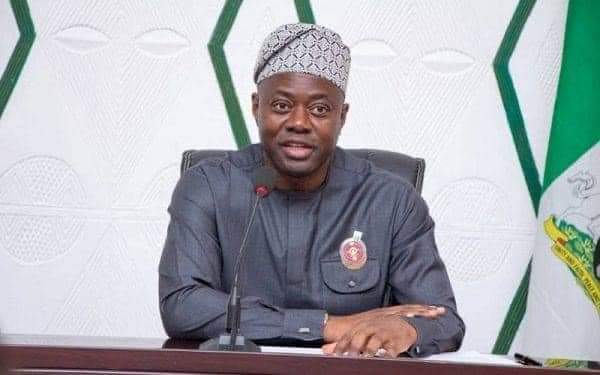The Supreme Court judgement on July 11, granting financial autonomy to the 774 local councils and recognising them as the third tier of Nigeria’s governance architecture, was truly historic. It was perhaps the most remarkable judgement ever delivered by the apex court in recent times, as it used its power to interpret the law to give a different meaning to Section 162 of the Constitution.
Since 1999, governors have used this section to withhold and tamper with the funds federally allocated to the councils, using a joint account that has proven to be a honeypot of abuse.
Last Thursday, the Supreme Court described the payment of the allocations to the account as gross misconduct and scolded the governors for dissolving democratically elected councils and setting up caretaker committees.
The court ruled that caretaker committees are illegal and that councils run by them should not receive the federal allocation.
Henceforth, the court ruled that the allocations should go directly to the accounts of the 774 local councils.
Justice Emmanuel Agim, who read the lead judgment, said Nigeria runs a three-tier governance structure, where no one tier is subject to the whims and caprices of the other. He criticised the governors and the state assemblies for almost allowing the councils to go into extinction with their treatment of them.
The judgment was generally well received by Nigerians. According to reports, the verdict ignited jubilation by workers in some local councils as they sang the praises of the Tinubu administration.
However, some Nigerians have criticised it as an ‘assault’ on Nigeria’s Federalism as it has rewritten Section 162. My simple response to this school of thought is: Must we allow the law to stand still while the local councils die? The Supreme Court also said as much: Since the governors were using the section to perpetuate unconstitutional acts, the court must ensure that the constitution is not applied in a manner that supports its destruction.
In acknowledging the verdict’s import, former vice-president Atiku Abubakar described it as a win for the people. In a post on X, Atiku wrote: “The court’s ruling is a step in the right direction and a major corrective action in greasing the wheels of national development across the country… The court’s verdict is in tandem with the core functions of the Supreme Court as an arbitration court between and among governments.”
President Bola Tinubu, whose government instituted the case, welcomed the Supreme Court’s decision, affirming the spirit, intent, and purpose of the Constitution regarding the statutory rights of local governments.
“My administration instituted this suit because of our unwavering belief that our people must have relief, and today’s judgement will ensure that only those local officials elected by the people will control the resources of the people. This judgement is a resounding affirmation that we can use legitimate means of redress to restructure our country and economy to make Nigeria a better place to live in and a fairer society for all of our people.”
President Tinubu noted that the provision of some essential amenities and public goods, such as the construction and maintenance of roads, streets, street lighting, drains, parks, gardens, open spaces, and other residual responsibilities, including community security, has been abandoned owing to the emasculation of local governments.
He said the court’s decision to grant financial autonomy to the councils and restate other constitutional principles reinforced the effort to enhance Nigeria’s true federal fabric for the development of the entire nation.
President Tinubu and his administration deserved the praise. President Tinubu has earned double appreciation as a defender of the local councils. As governor of Lagos, he sought the intervention of the same Supreme Court to establish the right of states to create councils in compliance with the provisions of the constitution. In a reverse role, as president, he has succeeded in seeking another intervention of the apex court to establish the right of the councils to survive and perform the role envisaged by the constitution.
Former President Muhammadu Buhari had sought to rescue the councils from the governors’ vice grip by using Executive Order 10, which he signed on May 22, 2020, to direct funds straight to the councils, the state legislature, and the judiciary. But the governors challenged his authority in a case filed at the Supreme Court. In a split judgment in 2022, the Supreme Court said President Buhari overreached his powers.
In his lamentation, while signing the executive order, President Buhari said: “If the money from the Federation Account to the state is about N100 million, N50 million will be sent to the chairman (of local government), but he (the chairman) will sign that he received N100 million. The governor will pocket the balance and share it with whoever he wants to share it with. Then, the chairman of the local government must pay salaries. Go to hell with development. When he pays salaries, he will put the balance in his pocket. This is what’s happening in Nigeria.”
President Tinubu, his successor, sought to combat the problem constitutionally by suing the governors.
The Attorney General and Justice Minister, Lateef Fagbemi, approached the Supreme Court in May, seeking to compel the governors of the 36 federating states to grant full autonomy to local governments in their domains in a suit marked SC/CV/343/2024. The suit, anchored on 27 grounds, accused the state governors of gross misconduct and abuse of power. He prayed that the Supreme Court would make an order stating that funds standing to the credit of local governments from the Federation Account should be paid directly to the local governments rather than through the state governments.
The justice minister also requested an order restraining governors, their agents, and privies from receiving, spending, or tampering with funds released from the Federation Account for the benefit of local governments when no democratically elected local government system is in place in the states.
The court granted his prayers in the landmark ruling of July 11.
President Tinubu has always been concerned about the lack of governance at the grassroots. He believes that without fixing the problems at the councils, the objective of developing the country and spreading prosperity to the 200 million people will never be achieved. After all, the councils where the 200 million people live have been financially handicapped by the governors. He made the point clearly when he met in Abuja with the leaders of the Arewa Consultative Forum on May 30, about the same period when the Justice Minister approached the Supreme Court for the correct interpretation of Section 162.
President Tinubu, responding to the ACF’s demands for more roles by the Federal Government, urged the leaders to summon the governors. He said Nigeria, as a constitutional democracy, has not allowed the councils where we all live to flourish, citing the absurdity of politicians going to the locals for votes only to abandon them and leave for the capitals and Abuja after winning their votes.
As Nigerians celebrate the historic judgment, it is clear that some work still needs to be done to bring life back to the councils. One issue being raised is how to ensure that the council elections are truly competitive and not predetermined by the governors and the state independent electoral commissions. To solve this, some Nigerians have urged the National Assembly to pass a law that will require only the central Independent National Electoral Commission to conduct council elections.
The other problematic issue is the fear that governors will not allow the Supreme Court ruling to affect their domains, as they can always order the councils to send the money received from the Federal Accounts Allocation Committee back to the state coffers. Again, a solution to this possible abuse has been proffered. The EFCC, ICPC, and NFIU should prevent this by monitoring the councils’ accounts. While the governors enjoy immunity to cover their actions, the council chairmen and councillors do not have such cover as they can be arrested, tried, and jailed. The threat of arrest and prosecution can deter local political actors from collaborating with the governors.
In conclusion, while Nigerians await the full implementation of the Supreme Court verdict, one needs to appeal to the powerful governors to allow the councils to breathe. It is in the interest of the states to allow the blossoming of the third tier of government as it was before.
Here are some of the benefits that the states should not let slip away:
First, local governments will now have more control over their finances, which could lead to improved service delivery and governance at the grassroots level.
Second, with greater financial autonomy, local governments can provide better services to their constituents, such as healthcare, education, and infrastructure development. This will reduce the pressure on the state government from the people expecting such minimal provisions.
Third, the judgment could lead to greater accountability and transparency in local government administration.
As President Tinubu remarked after the landmark ruling, “The onus is now on local council leaders to ensure that the broad spectrum of Nigerians living at that level are satisfied that they are benefiting from people-oriented service delivery.
“The Renewed Hope Agenda is about the people of this country, at all levels, irrespective of faith, tribe, gender, political affiliation, or any other artificial line they say exists between us. This country belongs to all of us. By this judgment, our people, especially the poor, can hold their local leaders accountable for their actions and inactions. What is sent to local government accounts will be known, and services must now be provided without excuses.”.




